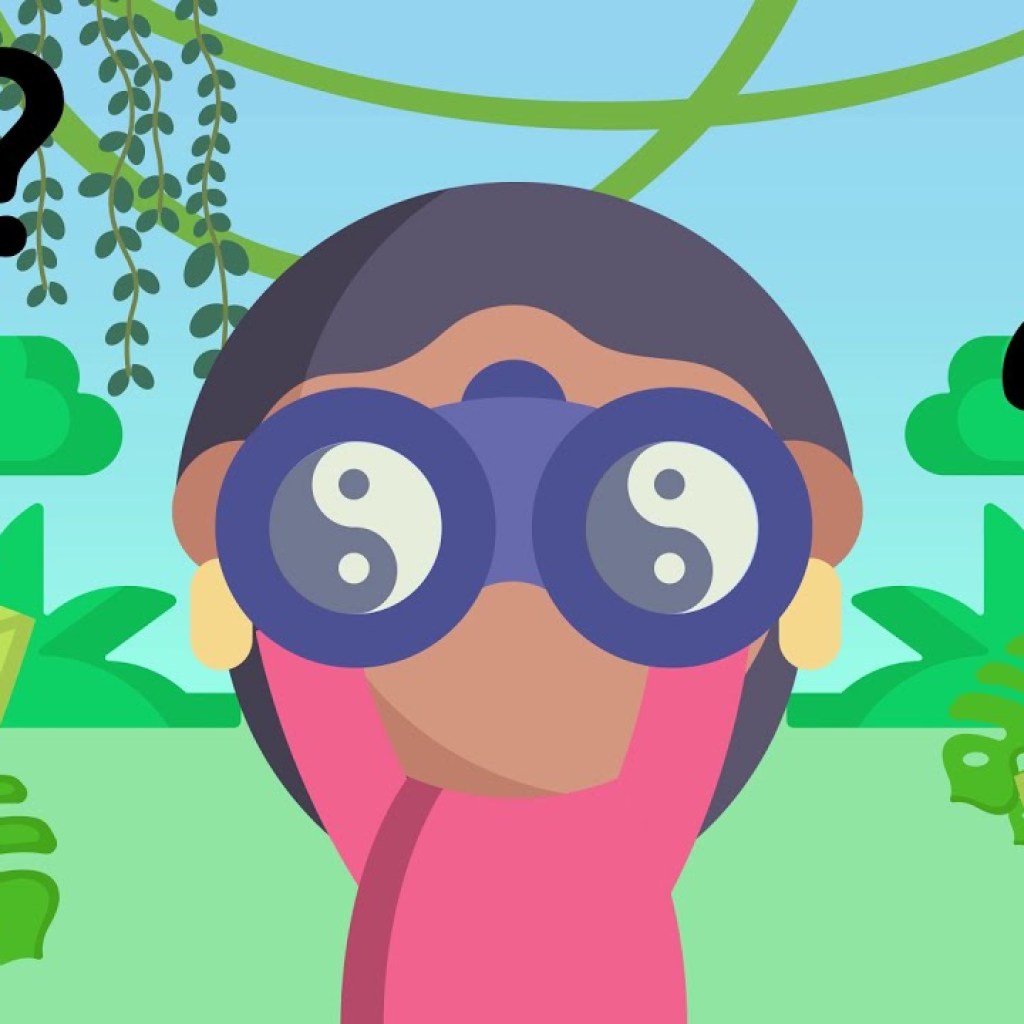The Art of Unlearning: Decolonizing Your Mind in a Changing World
Ancient Wisdom Common Sense Cultural R&D Eco Systems Fitness Friends, Families & Community Fundamental Rights Happy & Simple Living Healthy Living Parenting Advice Self Help 101 Tacit Knowledge Youth Entrepreneurship ProgramsIntellectual sovereignty is the disciplined capacity to question inherited assumptions, revise beliefs in light of evidence, and engage plural perspectives without collapsing into relativism. In a world shaped by algorithmic amplification, ideological rigidity, and accelerating information flow, cognitive freedom demands humility, structural awareness, emotional resilience, and rigorous epistemic hygiene. Decolonizing the mind does not reject any knowledge tradition; it challenges monopolies over truth, integrates diverse epistemologies under shared standards of evidence, and replaces debate-driven certainty with dialogue-driven understanding. By cultivating daily practices of unlearning, strengthening critical thinking in the AI era, and reforming education to prioritize independent reasoning over rote conformity, individuals and institutions can build resilient, innovative, and dignity-centered communities capable of shaping the future rather than being passively shaped by it.
The Art of Unlearning: Decolonizing Your Mind in a Changing World Read More »
































